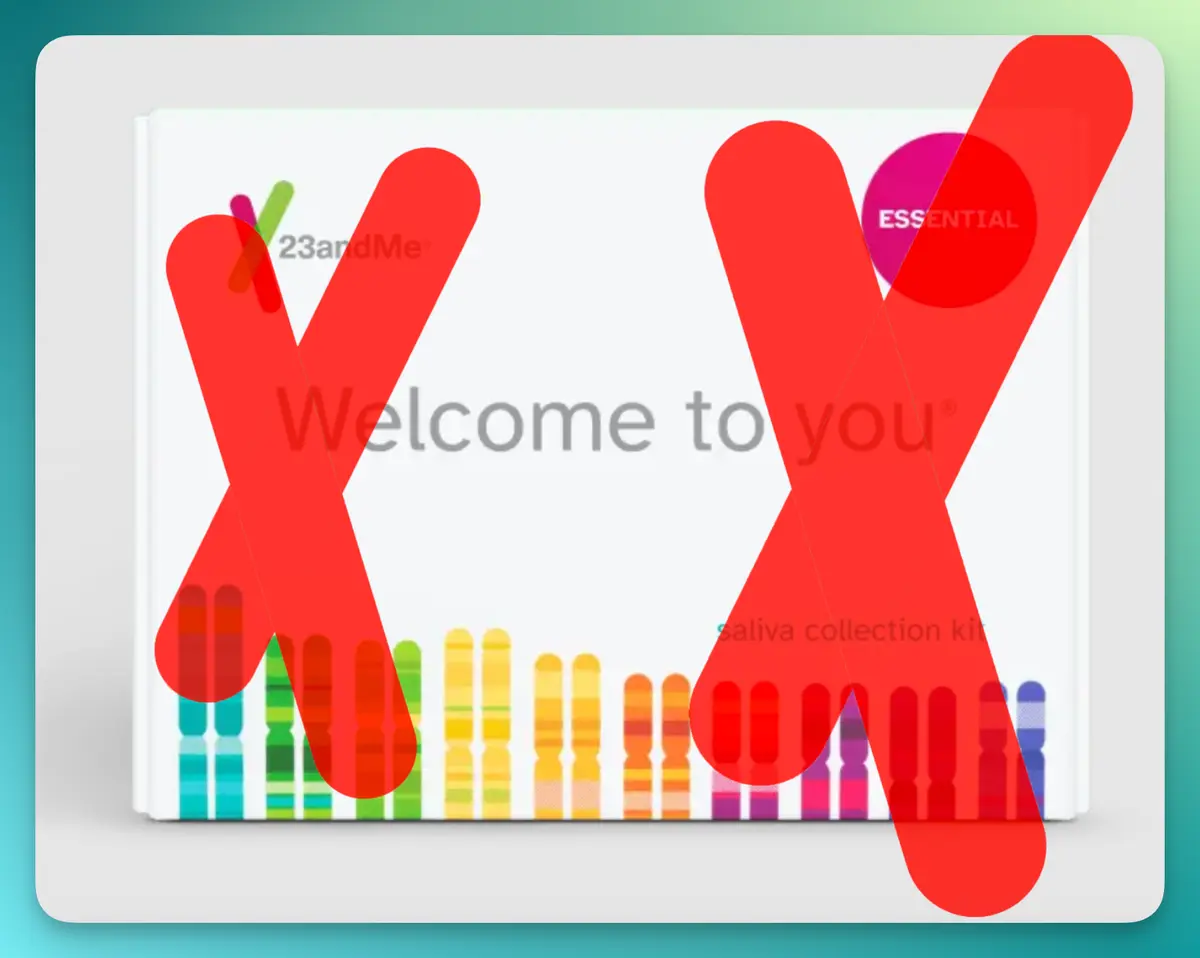Uh... nope. Sorry. They specifically touch on it:
"Commonly owned entities, affiliates and change of ownership: If we are involved in a bankruptcy, merger, acquisition, reorganization, or sale of assets, your Personal Information may be accessed, sold or transferred as part of that transaction and this Privacy Statement will apply to your Personal Information as transferred to the new entity. We may also disclose Personal Information about you to our corporate affiliates to help operate our services and our affiliates’ services."
If you request to delete your data as per the GDPR, they will delete some data, but as per their legalese they will not delete all and what is not deleted falls under their Privacy Statement, where you find the above, quoted text. Worth noting that in above the use of may in practice means "will".
On top of that, once the data is out of the the EU, which they make a point to state numerous times, they rely on the DPF which focuses on how data is used or transfered to outside the EU. So, if a company is already signed to the DPF, then they can totally keep some of your data as well. Or if they transfer it using it the same framework. So the DPF does not help either. The GDPR focuses on common identifying information, off the cuff it does not seem to address the notion of how DNA can literally be used for exactly that, so, legally, as it stands the DNA data is out of scope of the GDPR. Or, at least that is what they seem to be claiming, indirectly.
So yeah, you can delete some data, but with a bunch of asterisks followed by that statement. So, sadly, your argument is not fully correct.
They will delete some identifying information. But they seemto keep the most important of the data.

